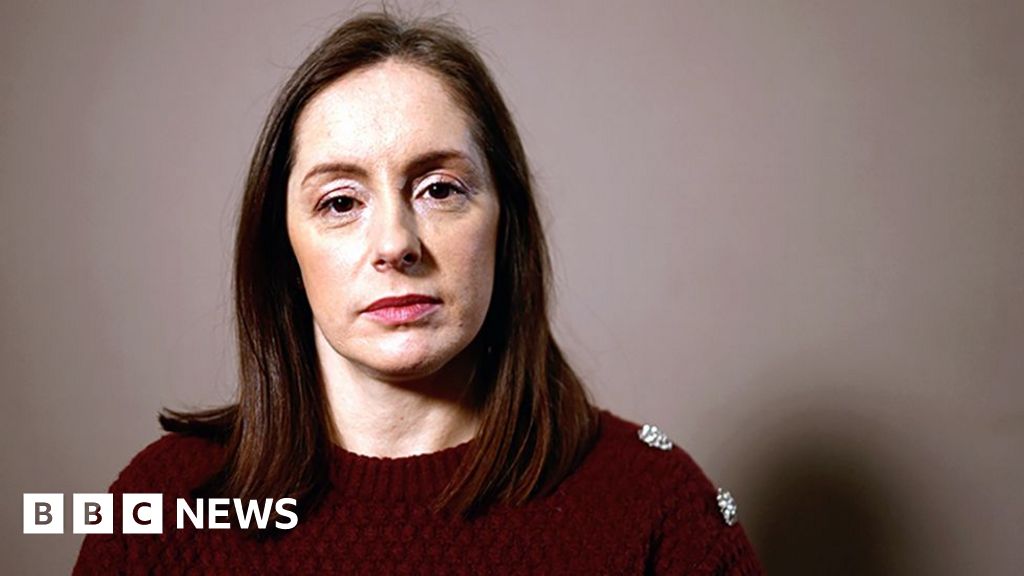Here is the result in plain text:
In October, business coach Rebecca Amin opened her laptop to join a video call as her children played in the room next door. When her male client turned on his camera Rebecca was shocked to find he was standing naked from the waist down. “It was disgusting,” she says, “I felt violated.”
Rebecca decided to report the offence to the local police, believing what had happened on screen at her home in Surrey, was no less serious a matter than if it had taken place in person. But she was disappointed by the police’s reaction. It transpired the man – who had contacted Rebecca to request career coaching – was calling from India, and police told her that they would keep details of the incident on file, but there was little they could do.
Rebecca is one of a number of victims of obscene calls and indecent exposure by strangers, who have told BBC News that police are failing to carry out proper investigations and dismissing their experiences. The women contacted the BBC following a report highlighting failures by two forces when dealing with reports of malicious, sexualised phone calls.
Some victims of “non-contact sexual offences” – crimes that do not involve physical contact between perpetrator and victim – say they, like Rebecca, have been left feeling violated. The minister for safeguarding, Jess Phillips, has told the BBC any suggestion police and prosecutors are not taking these offences seriously is “not tolerable”.
Police chiefs say not all victims receive the right outcomes when their cases are investigated and admit some forces have fallen short. Rebecca’s case is now being investigated further.
In 2020, 83-year-old Barbara Marsden told her daughter, Sally, that a workman who had visited her home in Lancashire had indecently exposed himself to her. Sally says her mother described how the man allegedly showed her his penis.
CCTV outside Barbara’s house showed the workman undoing and then doing up the zip on his trousers. Sally, who is a lawyer, reported the incident to police, but while the officer assigned to the case was helpful and proactive, she believes the system let her mother down.
“It was very frustrating,” Sally says. “It felt like I was driving the case.” By the time police decided to carry out a video interview with her mother – four months later – Barbara, who has dementia, was unable to recall the details of what had happened.
Sally says she also had to carry out research to find an address for the suspect, and convince prosecutors why they should not drop the case. It took more than three years for the case to come to trial, leaving Sally concerned the man’s crimes might have escalated.
“He targeted a vulnerable elderly person in her own home… Was he going to do something worse? I don’t think there’s a recognition of the fact that people who flash are actually more likely to do more serious things,” Sally says. “The police don’t look at the risk that’s posed by the offender.”
Source link




